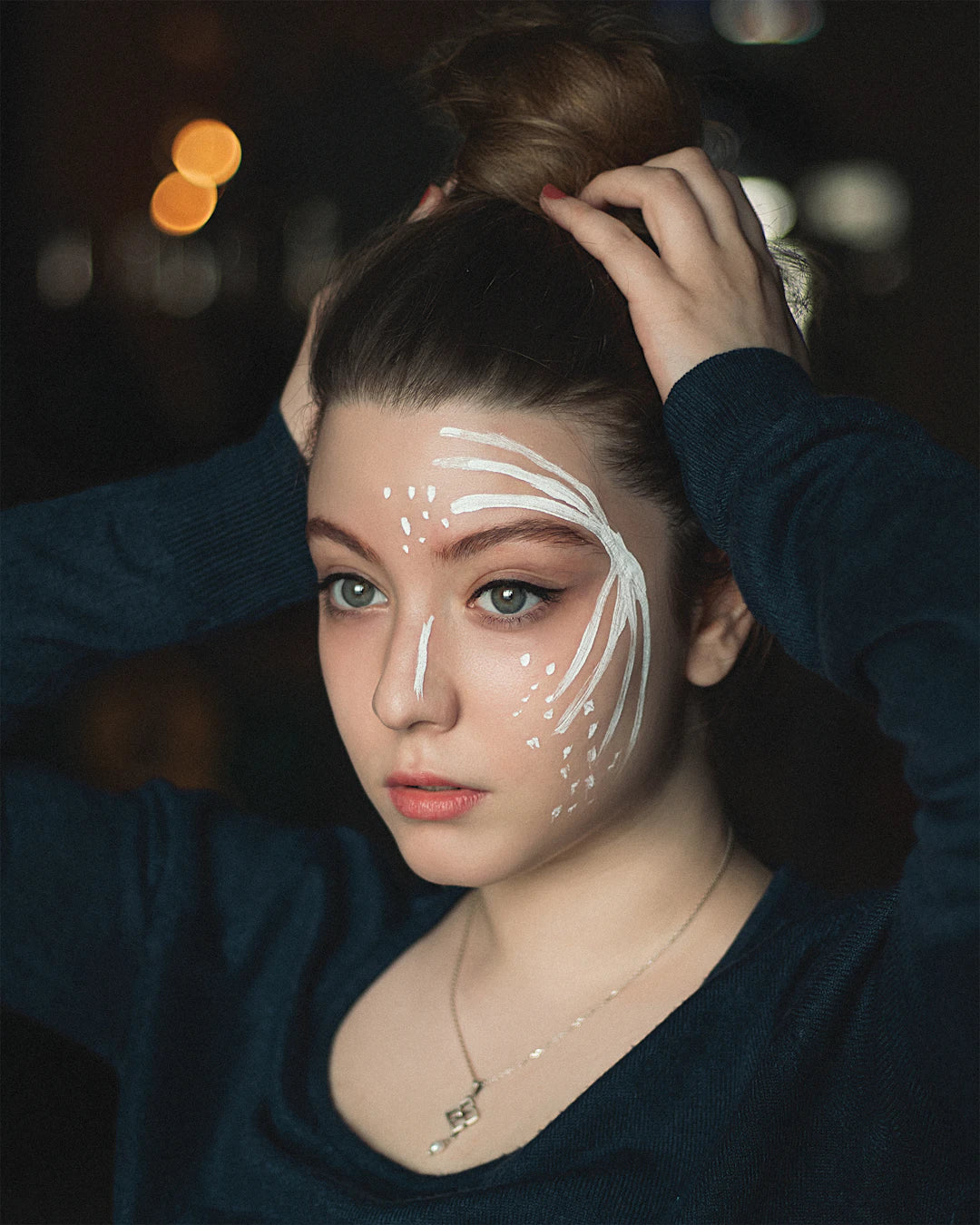Understanding the Aging Process: What Happens to Our Skin?

As time marches on, it’s natural to notice changes in our skin. The aging process can feel overwhelming, especially with an ever-growing beauty industry promising youthfulness and vitality. Yet, understanding what happens to our skin as we age can empower us to make informed decisions about our skincare and anti-aging routines. In this comprehensive guide, we’ll delve into the science of aging skin and how you can combat its effects with effective skincare products.
The Biological Basis of Skin Aging
To truly understand the aging process, it’s essential to dive into the biology behind it. The layers of our skin—epidermis, dermis, and subcutaneous tissue—each play a crucial role in our overall skin health. With age, our skin undergoes various changes that can lead to noticeable signs of aging.
The Epidermis: The First Defense
The epidermis is the outermost layer of skin. This barrier protects us from environmental aggressors such as pollution, UV rays, and harmful bacteria. As we age, the epidermis becomes thinner, which may result in increased sensitivity and a greater risk of damage.
The Dermis: The Supportive Layer
Located beneath the epidermis, the dermis is rich in collagen and elastin, proteins responsible for skin's strength and elasticity. With age, the production of both collagen and elastin slows down, leading to less firm and more sagging skin. This is where the notion of skin tightening begins to gain relevance, as many people seek strategies to maintain their skin's structural integrity.
Subcutaneous Tissue: The Insulating Layer
The subcutaneous layer, composed of fat and connective tissues, provides insulation and cushioning for our organs. As we age, we may lose some of the fat in this layer, which contributes to the appearance of fine lines and wrinkles. Loss of volume often makes the skin appear tired and aged.
Factors Influencing Skin Aging
While aging is a natural process, several factors can accelerate skin degradation. Let’s examine these variables to better understand how we can mitigate their effects.
Intrinsic vs. Extrinsic Aging
Intrinsically, we all age due to a predetermined genetic blueprint. However, extrinsic factors often accelerate the rate of skin aging. These factors are within our control and can be managed with dedicated efforts towards skincare:
- Sun Exposure: UV radiation is one of the leading causes of premature skin aging. Regular sunscreen application and protective clothing can significantly reduce harmful sun damage.
- Poor Nutrition: A diet lacking in essential vitamins, minerals, and antioxidants can diminish skin’s youthful appearance. Incorporating fruits, vegetables, healthy fats, and hydration can nourish your skin from within.
- Smoking: Tobacco use can lead to a decrease in blood flow and oxygen, resulting in dull and aged skin. Quitting smoking can yield improvement in skin texture over time.
- Stress: Chronic stress results in higher cortisol levels, which can lead to skin issues like acne, eczema, and even premature wrinkles. Engaging in stress-reducing activities promotes a healthier complexion.
Common Signs of Aging Skin
Recognizing the signs of aging skin can help you formulate an effective skincare regimen. Here are some common changes to be aware of:
Fine Lines and Wrinkles
These are perhaps the most recognized signs of aging. Fine lines often appear around the eyes and mouth and escalate into deeper wrinkles over time. Incorporating anti-wrinkle skincare products can help minimize their appearance.
Loss of Elasticity
As skin loses elastin, it becomes less supple. This can lead to sagging, particularly in areas like the jawline and neck. Regular skincare routines focused on skin tightening can improve the skin’s firmness.
Age Spots
Also known as liver spots, these dark patches are caused by prolonged sun exposure and usually appear on areas frequently exposed to sunlight, such as the hands and face. Consistent use of sunscreen and targeted skincare products can help manage and prevent age spots.
Dryness and Textural Changes
With aging, skin often becomes drier and may lose its smooth texture. The natural oils that once kept the skin hydrated diminish, leading to a rougher feel. Using moisturizers and hydrating skincare products can combat dryness effectively.
The Power of a Well-Rounded Skincare Routine
Combatting the signs of aging is a journey, and a well-rounded skincare routine is your most effective tool. Here’s how you can structure your daily skincare approach to address the effects of aging:
1. Cleansing
Start and end your day with a gentle cleanser to remove dirt and impurities. Look for formulations that maintain your skin's natural moisture while cleansing, ensuring your skin is neither stripped nor overly dried.
2. Exfoliation
Regular exfoliation can help accelerate skin cell turnover and diminish the appearance of fine lines. Chemical exfoliants like AHAs and BHAs can be beneficial, as well as physical scrubs. Always follow up with hydration to protect the skin barrier.
3. Toning
A good toner preps your skin to absorb the active ingredients in subsequent products. Look for toners that promote hydration and rejuvenate skin, keeping it fresh and ready for the next steps.
4. Treatment Products
Incorporate treatments such as serums containing retinol or hyaluronic acid. Retinol is well-known for its anti-aging properties, promoting cell turnover and minimizing wrinkles. Hyaluronic acid is excellent for skin hydration, enhancing elasticity.
5. Moisturizing
Using a good moisturizer helps maintain skin hydration and creates a barrier against environmental damage. Look for products that are rich in peptides and antioxidants, offering protective benefits.
6. Sun Protection
Never underestimate the importance of sunscreen. Apply a broad-spectrum sunscreen daily, even on cloudy days. This is perhaps the single most effective anti-aging measure you can take. Protecting your skin from UV rays helps prevent premature aging and skin cancer.
The Role of Lifestyle in Skin Aging
Beyond a skincare routine, your lifestyle also significantly influences how your skin ages. Here are some lifestyle changes that can enhance your skin’s appearance:
Eat a Balanced Diet
Your skin is a reflection of your overall health. Incorporating a diet rich in omega-3 fatty acids, antioxidants, and vitamins can enhance skin vitality. Foods like fish, nuts, berries, and green leafy vegetables can promote healthy skin cell function.
Stay Hydrated
Drinking ample water helps keep skin hydrated, plump, and elastic. Aim for at least eight glasses a day to maintain optimal skin health.
Exercise Regularly
Engaging in regular physical activity boosts circulation and blood flow, bringing necessary nutrients to the skin. It also helps relieve stress, thus reducing the risk of skin issues related to tension.
Prioritize Sleep
Sleep is essential for cellular repair and rejuvenation. Aim for 7-9 hours of quality sleep each night. A lack of sleep can lead to an increase in stress hormones that affect skin health.
Embracing Aging with Confidence
While aging is inevitable, cultivating an understanding of the biological processes behind it can empower you. Instead of dreading the signs of aging, consider them stories of a life well-lived, marked by experiences and wisdom. With the right skincare regimen, healthy lifestyle choices, and a positive mindset, you can embrace the aging process with grace and confidence. Remember, every wrinkle tells a story, and skincare isn't just about looks; it's about feeling good in your skin.
No matter where you are on your journey, using the right tools—knowledge and effective skincare products—will help you maintain the healthiest skin possible. The next time you look in the mirror, celebrate your skin's uniqueness and take pride in the thoughtful steps you're taking toward nourishing it. After all, beautiful skin is a reflection of self-love and care.


